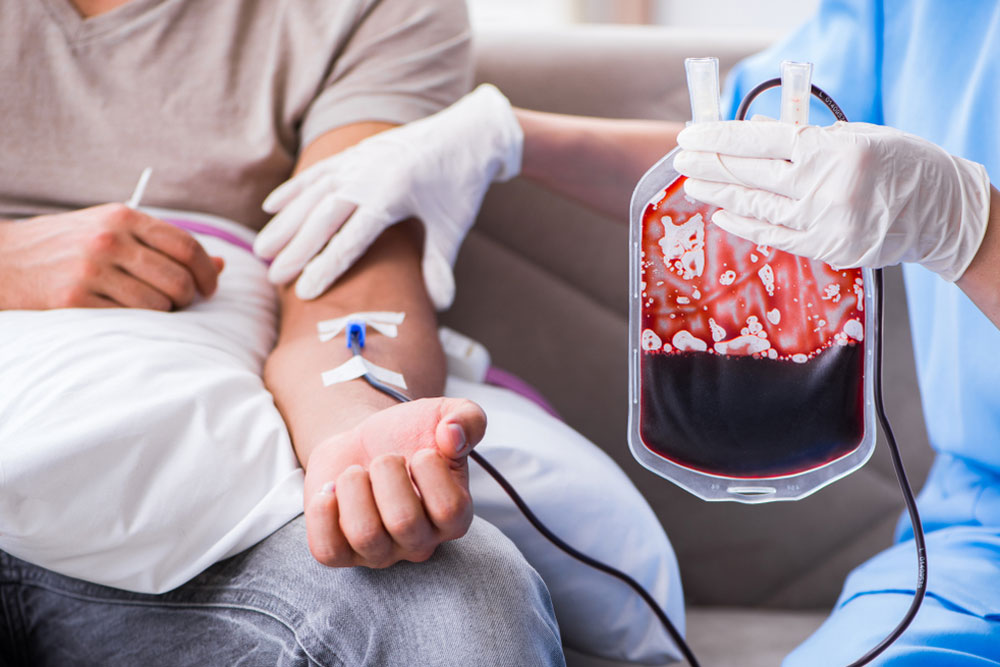-
24/7 available services
-

Blood transfusion services are a network of facilities and processes involved in collecting, testing, storing, and distributing blood for transfusions.
These services play a crucial role in healthcare by providing a safe and readily available supply of blood for patients who need it for various medical conditions,
Blood transfusion services are essential for saving lives and improving health outcomes. They require a coordinated effort from various stakeholders, including blood donors, blood banks, hospitals, and healthcare professionals.